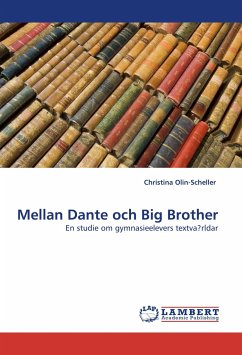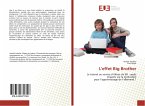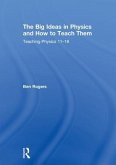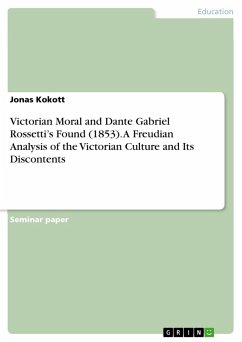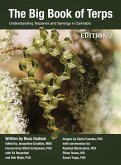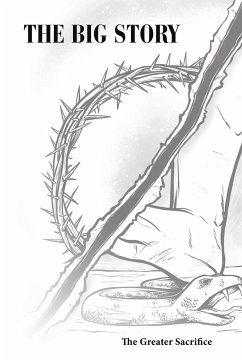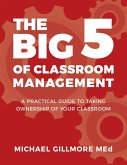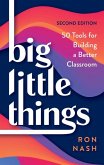This book deals with Swedish upper secondary school students encounter and reception of various fictional texts in and outside of school. The focus of the study is how literary instruction, based on an expanded text concept, succeeds in meeting the students expectations and previous experiences of fictional texts. The theoretical framework consists of theories that approach reading as a transaction between text and reader in a social and cultural context. The pedagogical implications of the study concern the importance of identifying the students literary repertoires and matching those with the literary instruction. Literary pedagogy should aim to expand these repertoires, and to help students acquire new reader roles. One way of achieving this is to promote dialogical teaching that encourages both efferent and aesthetic reading. Findings of the present study also indicate that teachers resources for working with an expanded text concept are limited. Consequently, current teachereducation programmes and further training of working teachers must deal with reading of fictional texts from new and broader perspectives.
Bitte wählen Sie Ihr Anliegen aus.
Rechnungen
Retourenschein anfordern
Bestellstatus
Storno

